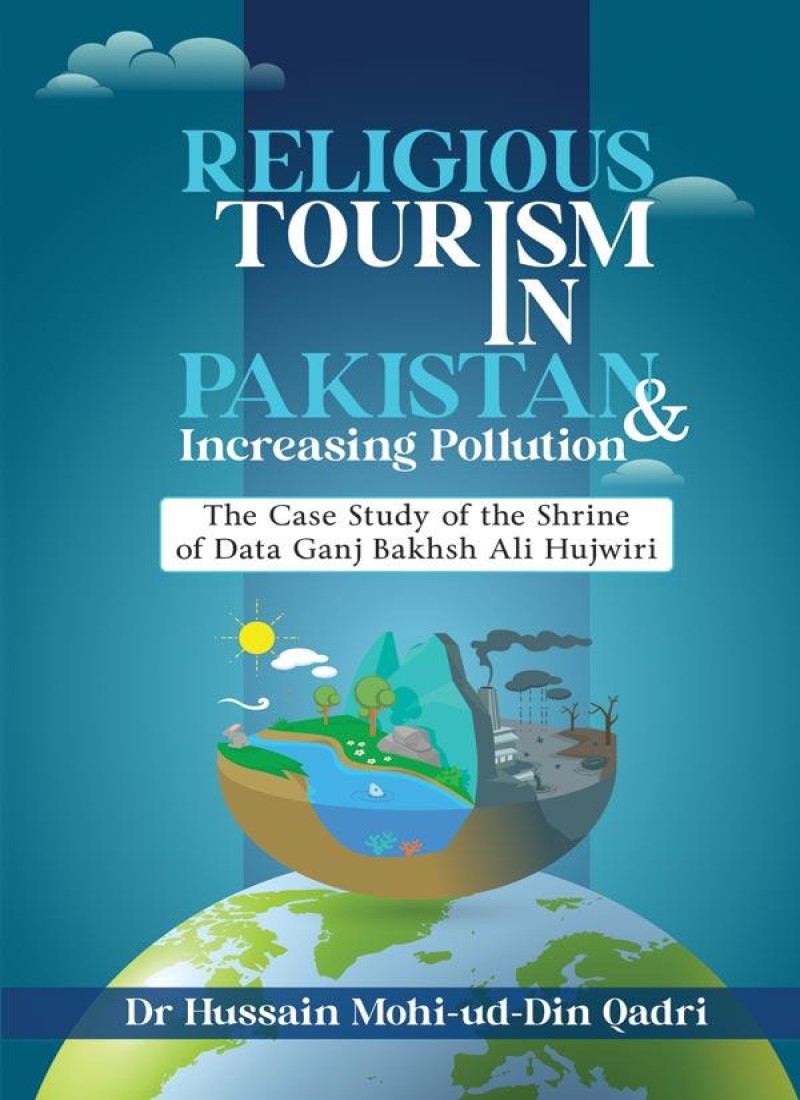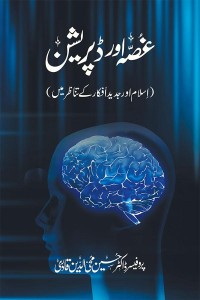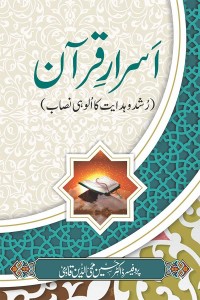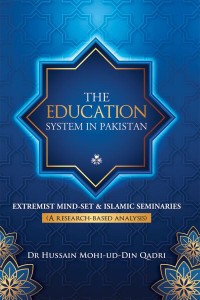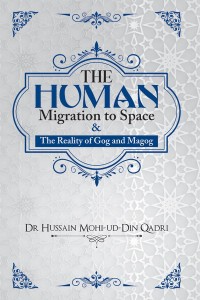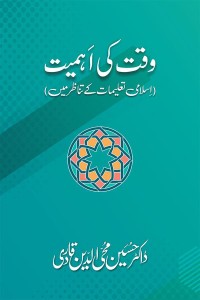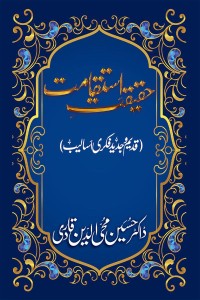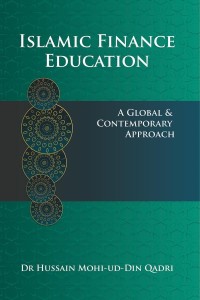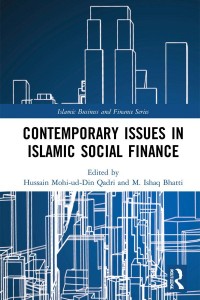The recent environmental studies have graded Lahore as the most polluted city
of the world. Beside several factors generating pollution, including smog, the
unmanaged solid waste especially surrounding parks, shopping areas, plazas,
shrines and other public places poses a serious threat to the cosmopolitan
city’s environment. Dr Hussain Mohi-ud-Din Qadri’s intuitive insight studied the
ground reality, analysed the city’s issue and found the overflow of tourists a
major reason behind the increase of unmanaged waste and decrease in available
natural resources taking Mazar Data Ganj Bakhsh as case study. Aptly discussing
the issue the learned author has provided a solution to deal with the unmanaged
waste—a large amount of waste can be recycled by the authorities through PPS
(public private partnership). Thus we can maintain cleanliness around our
religious sites and create earning measures.
Religious Tourism in Pakistan
A study of the unmanaged solid waste adding pollution to Lahore collected
from the surroundings of Data Ganj Bakhsh Shrine.
Presents analysis of the city’s existing waste management system in general.
Provides a sustainable solution for the unmanaged waste problem of Data Ganj
Bakhsh Shrine.
The unmanaged waste due to hyper-consumption is a significant threat to our
environment.
The overflow of tourists becomes the reason behind the increase of unmanaged
waste and decrease in available natural resources.
The tourism sector also contributes to global carbon emission, mainly through
transportation, electricity, and housing facilities for tourists.
The sustainable tourism industry is committed to generating economic, social,
and environmental benefits for society.
Provides a solution to deal with the unmanaged waste produced from religious
tourism.
 The Quran
The Quran 
 Imaniyat o Ibadiyat
Imaniyat o Ibadiyat  Itiqadiyat (Science of Beliefs)
Itiqadiyat (Science of Beliefs)  Sirat o Fazail
Sirat o Fazail  Khatm e Nubuwwat o Taqabul e Adyan
Khatm e Nubuwwat o Taqabul e Adyan  Fiqhiyat
Fiqhiyat  Akhlaq o Tasawwuf
Akhlaq o Tasawwuf  Awrad and Wazaif
Awrad and Wazaif  Economics
Economics  Ideologies
Ideologies  Constitutions and Legislative Practices
Constitutions and Legislative Practices  Celebrities and Luminaries
Celebrities and Luminaries  Islam and Science
Islam and Science  Peace, Love and Counter-Terrorism
Peace, Love and Counter-Terrorism 
